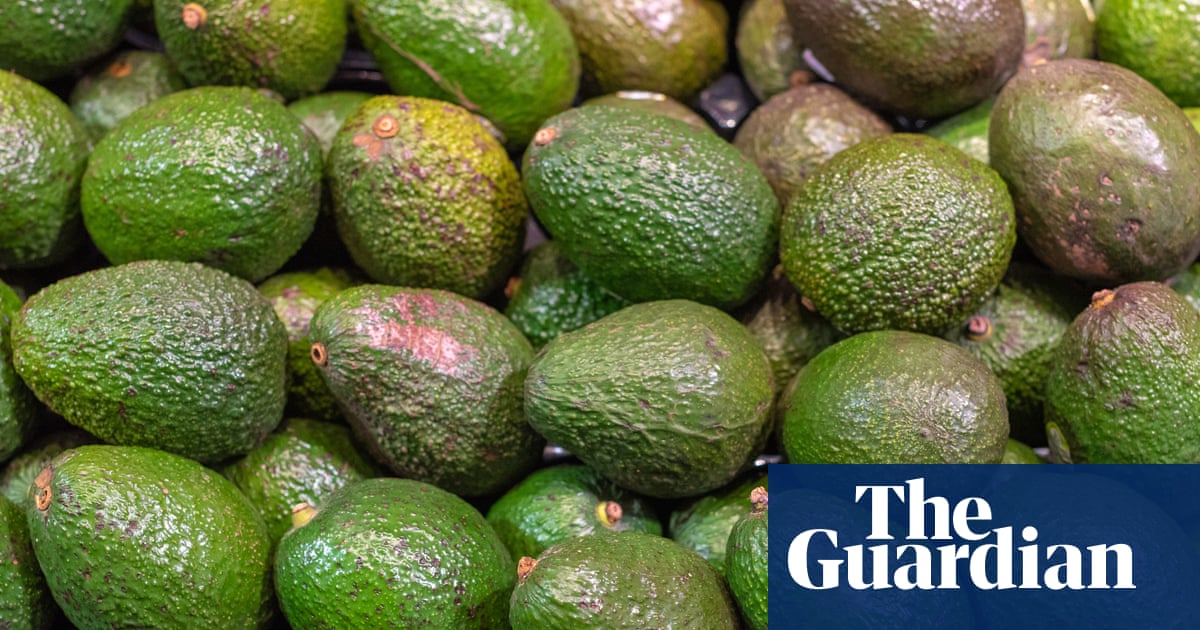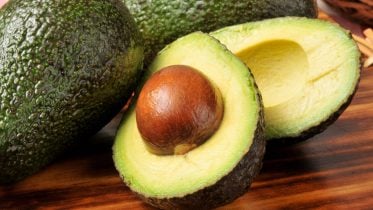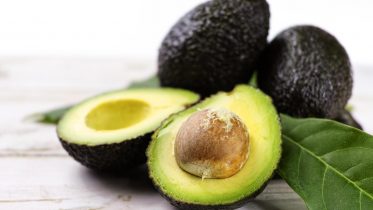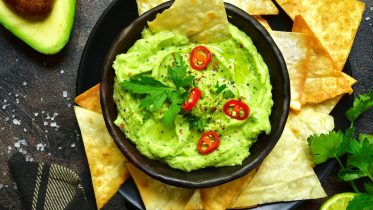
Avocados
The avocado is a medium-sized, evergreen tree in the laurel family, native to the Americas. It is widely cultivated for its large, fleshy fruit. The tree likely originated in the highland regions of south-central Mexico to Guatemala. Its fruit is botanically a large berry containing a single large seed. Avocado trees are partially self-pollinating, and are often propagated through grafting to maintain predictable fruit quality and quantity. Avocados are cultivated in tropical and Mediterranean climates of many countries, with Mexico as the leading producer of avocados in 2019, supplying 32% of the world total. Avocado production is one of the most environmentally intensive fruits, using 70 litres of water per avocado, and over 400 grams of CO₂ emissions. In major production regions like Chile, Mexico and California, the water demands for avocado puts pressure on overall water resources.



